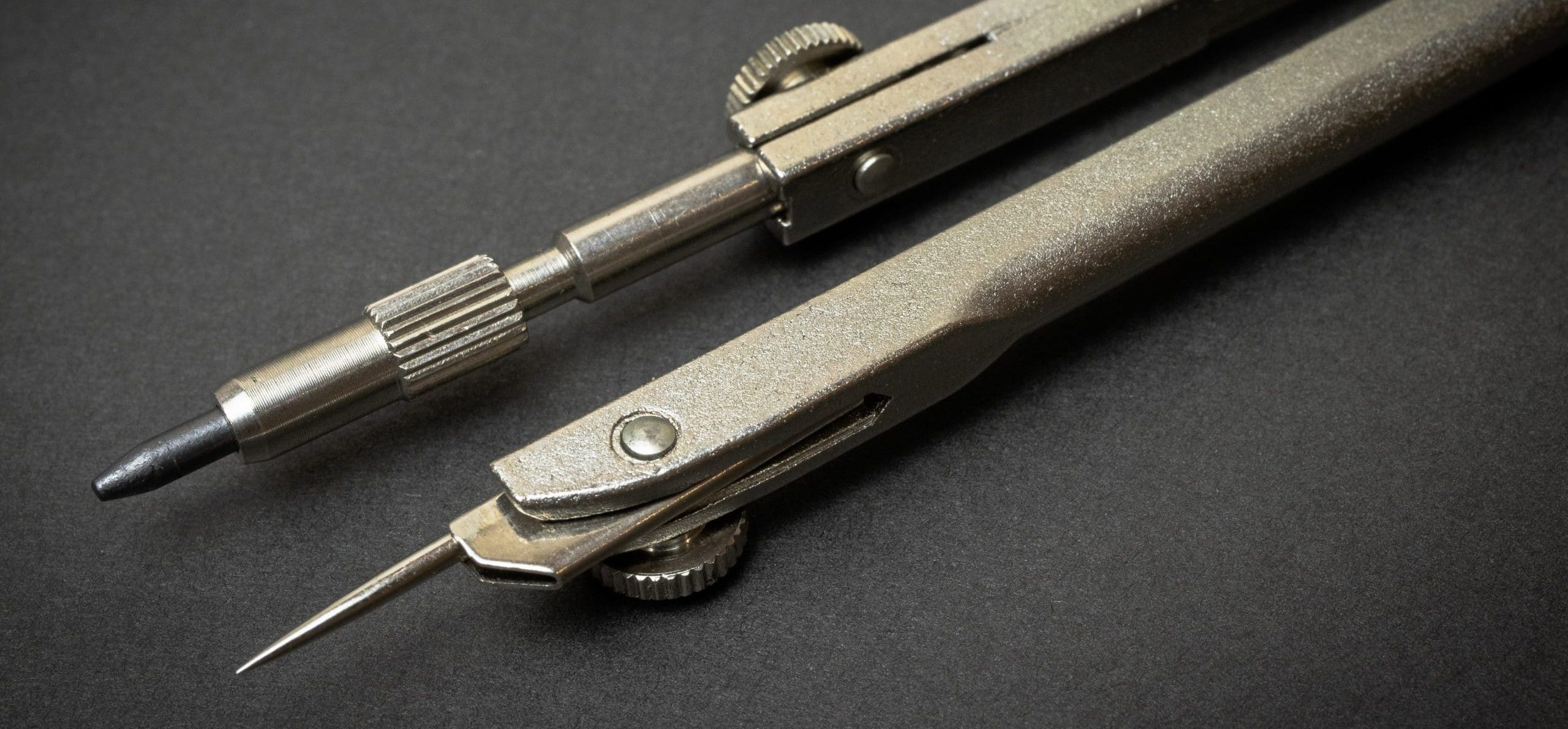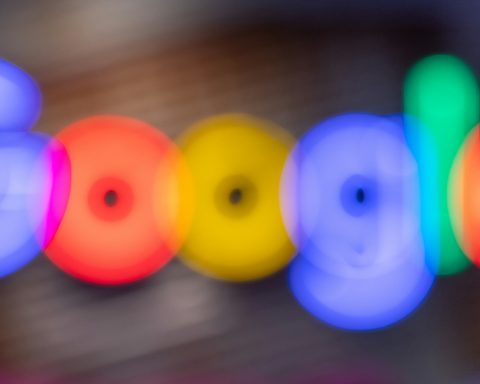
As a relatively new GP I often like to think of myself as ‘tech savy’, with one of my particular interests being healthcare technology. It is often said that fishing tackle catches anglers more than fish, and I think the same is true of healthcare tech. My work bag provides clear evidence of this, bursting at the seams with an array of medical gadgetry that Mary Poppins herself would have been proud of.
However, during a busy morning clinic I found myself recently wondering whether this passion was fading; standing in an admin room at the surgery, I found myself admiring the musty smell of the ‘Lloyd George’ records piled up high around me, and pondering, fondly what life as a GP must have been like in those ‘good old’ days.
…online consultations in particular seem to often fill me with dread rather than joy… But why is this?
Ironically, I was waiting to speak to someone about an online consultation, to ask, for what seemed like the millionth time, if they could contact the patient to book an appointment; yes, one of those good old-fashioned face to face appointments. In that moment I actually felt quite deflated; despite my passion for technology, online consultations in particular seem to often fill me with dread rather than joy… But why is this?
Worse still, as the GP lead for the new online consultation roll-out, I had been able to design it to ‘perfect’ specification; something that, in that moment, I felt I had failed at quite miserably. I couldn’t help but continue to ponder this query later into the evening – what was it about certain healthcare technology that makes it it appealing or otherwise? I just couldn’t put my finger on it, until, like any good lightbulb moment, it suddenly became so obvious; surely the answer lies in its ability to improve the lives of the GP as well as the patient! The likes of video consults and SMS services have been such a hit as they really do make life that little bit more manageable in the hectic environment we are all currently surviving in. In contrast, online consultations, whilst hugely convenient for many patients, if anything seem to have the opposite effect for the clinican; rather than assisting with day to day working, they are largely an added inconvenience, working to only increase, rather than assist with workload management.
As a member of various GP forums and groups I know that I am not alone in my lack of appreciation for online consults and 24/7 GP access. The government has recently demanded all GP practices to offer an online consultation option in the aim of increasing access to primary care. However, surely increasing access is not the epiphany we have all being searching for? Could increasing access ironically reduce access for those who need our services most? Clinics filled with the minor ailments of the working population, ‘popping off’ an online request to their GP whilst sitting at work, potentially leaving little in the way of access for serious complaints.
A wise GP trainer once told me, you will never have enough appointments to fill demand; demand will always increase to fill appointments. As a naïve F2 I had not appreciated this comment; however I can now see the evidence of this only too clearly. Online consultations appears in many ways to be final nail in the primary care coffin in terms of managing access and patient expectation.
…we all need to keep sight of the overall aim of technology, that is, to improve efficiency for both patient and clinican.
A final aspect to implementation of ‘health tech’ that I feel is often overlooked is its potential impact on the current workforce. It is no secret that primary care is facing a workforce crisis, both in terms of recruitment and retention. Use of technology for technologies sake may potentially drive out experienced and much needed clinicians in favour of early retirement due to the rapidly changing landscape of ‘new’ primary care. Similarly as outlined above, inappropriate use of technology, that hinders rather than helps GPs may work to increase the efflux of ‘burnout’ GPs from the profession, increasing the already ‘chasmic’ issues with workforce retention.
So am I now an anti-technologist who decries modernaisation and who will be shortly packing his bags for a simpler existence? Well, no (not yet at least). I still love technology and passionately believe that it has a strong role to play in the future of primary care. I see online intelligent triaging systems, for example, as a potential game-changer in the coming years. However, I do believe that we all need to keep sight of the overall aim of technology, that is, to improve efficiency for both patient and clinician. If some the current ‘tech’ is not having this desired effect, maybe it’s time to re-evaluate and not lose sight of all the ‘good old’ traditional methods just yet.
Featured image by Sergey Zolkin on Unsplash








